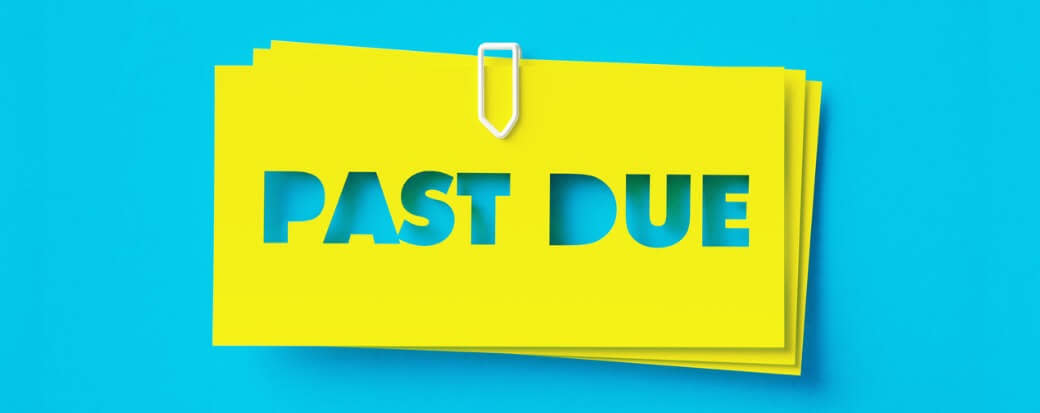Can You Settle a Charge-off for an Auto Loan?

Share this article:
Editor’s note: Lantern by SoFi seeks to provide content that is objective, independent and accurate. Writers are separate from our business operation and do not receive direct compensation from advertisers or partners. Read more about our Editorial Guidelines and How We Make Money.
What Is an Auto Loan Charge-Off?
What Does an Auto Loan Charge-Off Mean for Your Credit?
Can Your Wages Be Garnished If You Don’t Settle an Auto Loan Charge-Off?
Do You Pay Taxes When You Settle an Auto Loan Charge-Off?
How to Settle an Auto Loan Charge-Off
Determining the Debt
Settlement Amount
Written Settlement Agreement
Tips for Paying Back an Auto Loan
The Takeaway
Frequently Asked Questions
Photo credit: iStock/MicroStockHub
LNTALR-Q125-020
About the Author
Austin Kilham is a writer and journalist based in Los Angeles. He focuses on personal finance, retirement, business, and health care with an eye toward helping others understand complex topics.
Share this article: